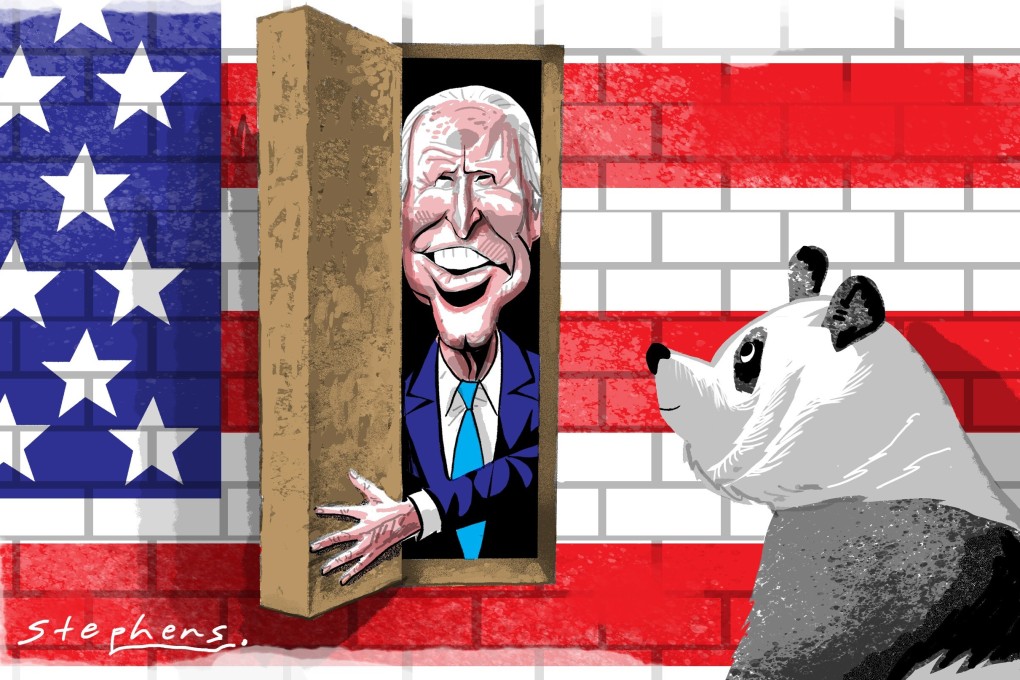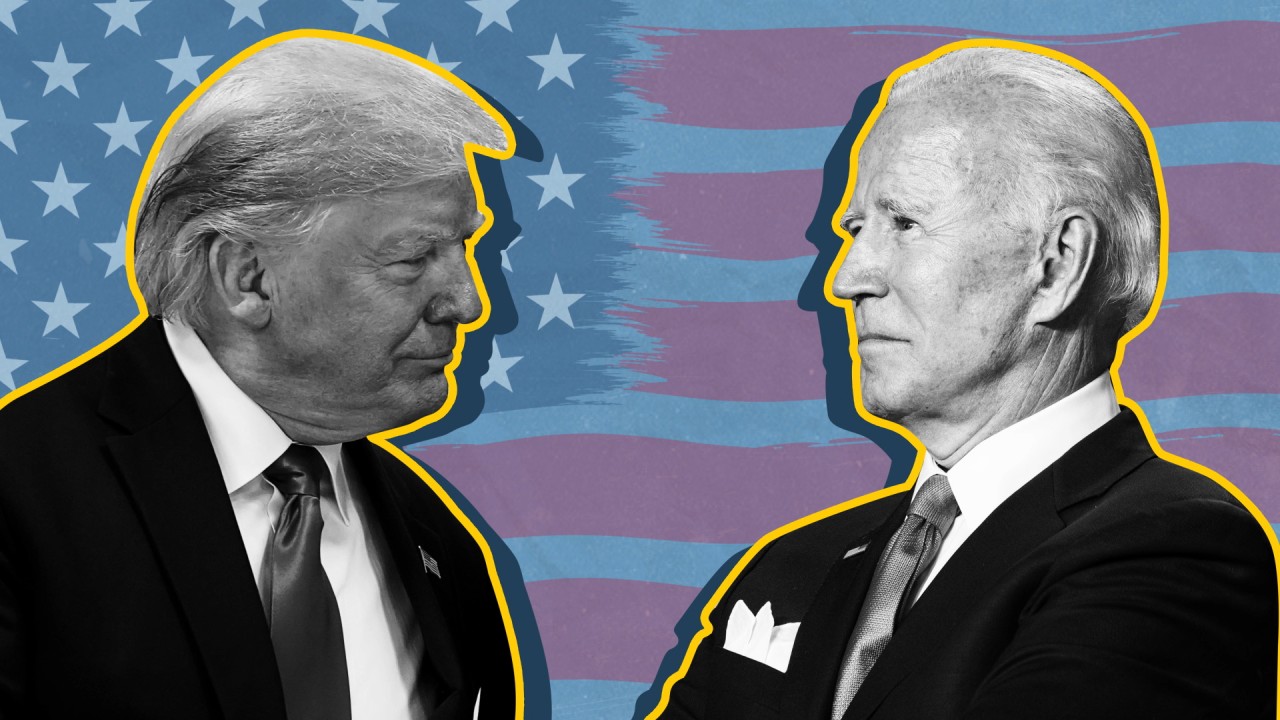Advertisement
Opinion | How a Joe Biden presidency would offer US-China relations a brief window of hope
- Biden is likely to roll back tariffs and give China a short respite. To reset ties, however, Beijing needs to offer concrete action on tackling climate change and market reciprocity as a down payment
Reading Time:4 minutes
Why you can trust SCMP
0

With the US presidential election less than two weeks away, Joe Biden looks to be on course for victory, possibly accompanied by a blue wave of Democrats in charge of both the Senate and the House of Representatives. President Donald Trump appears to have wrecked his re-election chances with his mishandling of the Covid-19 pandemic and by recklessly contracting the virus himself.
If Biden does win, it would be the first time in the modern era that a virus had influenced such an important political change. Given that the United States is the world’s most powerful country and that the Democrats and Republicans are diametrically opposed on most issues, Covid-19 may have put the world on a different trajectory.
But Biden is not Obama 2.0. Trump was elected in 2016 over issues that his predecessor, Barack Obama, failed to address, such as stagnating incomes and rising inequality, which Trump successfully linked to competition from immigration and international trade. The virus may have dented Trump’s appeal but the need to address these issues remains. If Biden fails to do so, he will be a one-term president too.
Any changes in US domestic policy under a Biden administration would matter to the world, and have an especially big impact on export-driven East Asia.

11:15
Trump vs Biden: The 2020 US presidential election
Trump vs Biden: The 2020 US presidential election
The US is, by far, the largest consumer market in the world, and the dollar is the default currency for global trade and capital flow. Any foreign policy changes would also have an impact; in particular, how Biden handles the US rivalry with China, which would affect investment decisions across East Asia.
Advertisement

